-
Graduation
Doctor of Philosophy - PhD
-
ECTS-Points
180
-
Learning format
-
Duration
6 semesters
-
Admission requirements
Diploma or master's degree
-
Language
English
-
Study location
Krems (AT)
-
Curriculum
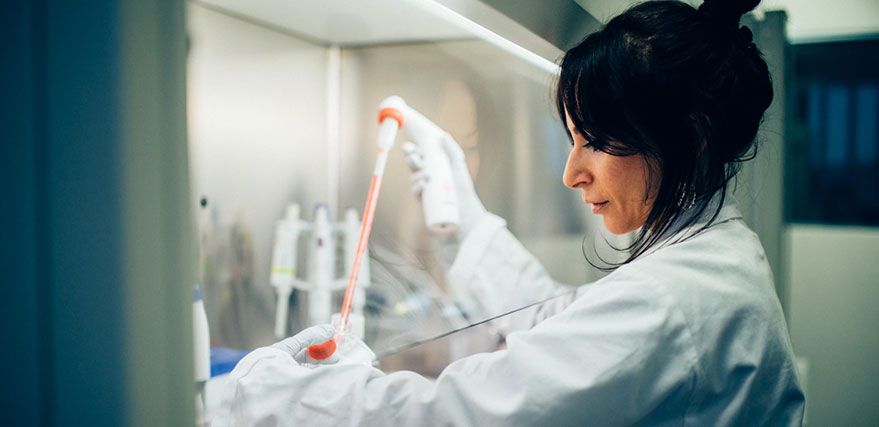
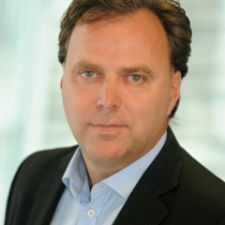
Regenerative medicine procedures and therapies represent a future field, even for diseases that were previously difficult or impossible to treat.
Univ.-Prof. Dr.
Michael Bernhard Fischer
PhD Coordinator
Any questions?
We’re here to help.
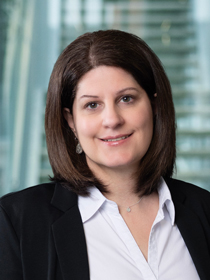
Elisabeth Hintermayer
Administrative Assistant
Or contact us directly.
Benefit from our PhD program
The PhD program Regenerative Medicine combines excellent research in various areas of tissue and organ regeneration with an innovative curriculum. As "Early Stage Researchers", our students conduct research on topics such as inflammation and tissue damage and the resulting regenerative mechanisms.
The students are involved in externally funded research projects and are guided and supported on their scientific path by established researchers. Our aim is to optimally prepare students for research-based positions in both academia and industry.
Accreditation
In 2015, the Agency for Quality Assurance and Accreditation (AQ Austria) accredited the first two PhD programs at the University for Continuing Education Krems: “Migration Studies” and “Regenerative Medicine”. This made the University for Continuing Education Krems one of the first public universities in Austria to have its PhD programs accredited according to international standards. In 2021, the PhD program "Technology, Innovation and Cohesive Societies" was also successfully accredited by AQ Austria. Most recently, the PhD program "Applied Evidence Synthesis in Health Research" was accredited by AQ-Austria in December 2023.
Curriculum
The innovative curriculum of the PhD program "Regenerative Medicine" combines compulsory modules with elective activities and work on the research project.
The program comprises 180 ECTS credits. The courses comprise 30 ECTS credits; the dissertation is worth 145 ECTS credits and the viva voce is worth 5 ECTS credits. 1 ECTS point corresponds to 25 hours of student work (in accordance with UG § 51 (26)).
-
Contents
Scientific Work and Good Scientific Practice
Ethics in Science
Scientific Presentations and Publications
Medical Biostatistics and Mathematics
Project Management
Study Design
Translation: From Theory to Clinical Application
-
Contents
Cell Biology
Molecular Biology, Signal Transduction
Biochemistry
-
Contents
Principles of Regenerative Medicine
Principles of Tissue Engineering
Biology of Stem Cells and Cell-Based Therapy
Inflammation and Sepsis
Inherited and Acquired Immunity
Flow Cytometry and Imaging (Microscopy, SEM, AFM, LSM etc.)
Cell Culture Models in Regenerative Medicine and Tissue Engineering
-
Contents
Biomaterials: Overview and Chemistry
Scaffolds
Polymer Materials in Blood Purification
Blood/Material Interaction
-
Contents
Liver: Regeneration and Support
Degeneration and Regeneration of the Nervous System
Cartilage Regeneration
Applied Cell Therapy
-
Contents
Journal Club
Doctoral Degree Candidates Seminar
Dissertation
The dissertation agreement – an agreement between the applicant and the first supervisor of the research work – is drawn up at the beginning of the degree program. It sets out the collaboration on the project as well as goals and plans. The supervisory team is also named.
All students are involved in collaborative research projects providing cross-disciplinary experience. Each student is assigned a primary and secondary supervisor with appropriate independent expertise in the project area. The progress is monitored by a PhD Committee that includes the two supervisors and at least one additional senior scientist, who meet to provide feedback on regular written and oral presentations.
The topic of the dissertation must be meaningfully related to the field of regenerative medicine, in particular to the following subject areas:
- Methods of organ support and extracorporeal blood purification
- Pathophysiology of sepsis and investigating inflammatory mechanisms
- Interaction of blood and/or tissue with biomaterials
- Regeneration of articular surfaces (cartilage transplants, therapy with growth factors, implanting mesenchymal stem cells)
- Immune regulatory mechanisms of mesenchymal stem cells
- Tissue and organ replacement/regeneration using stem cells
- Neuro-rehabilitation
- Geriatric rehabilitation and nursing science
Students & Projects
The students are involved in externally funded research projects.
PhD Coordinator
Faculty
Core Faculty
ASSOCIATED MEMBERS OF PHD FACULTY
Prof. (FH) Mag. Dr.
Christoph Wiesner
Department of Science and Technology, Institute Biotechnology, IMC University of Applied Sciences Krems
Priv. Doz. Dr.
Reinhard Klein
Department of Science and Technology, Institute Biotechnology, IMC University of Applied Sciences Krems
Priv. Doz. Prof. (FH) Mag. Dr.
Andreas Eger
Deputy Head of Institute / Institute Krems Bioanalytics, IMC University of Applied Sciences Krems
Extended Faculty
Prof. Dott. Ing.
Emanuele Gatti
Professor for Translation of Biomedical Innovations - Visiting Professor
Univ.-Prof. Dr.
Michaela M. Pinter, MAS
Professor for Neurorehabilitation Research
Downloads
Here you can find more information about the PhD program.
Application
Admission to the PhD program "Regenerative Medicine" follows a two-stage process:
- Announcement of third-party-funded PhD positions
- Selection procedure by the PhD Commission
PhD students are generally employed on the basis of research projects with third-party funding (FWF reference rates). The PhD Commission selects students on the basis of their application documents and the presentation of their dissertation project.
Required application documents are
- Curriculum Vitae
- Proof of identity (passport, identity card)
- Final degree certificate
- Degree, diploma or master's degree certificate
- Summary of research idea
- Letter of motivation
- Recommendation letters and references
Students will be admitted to the program once all requirements have been met.
Tags
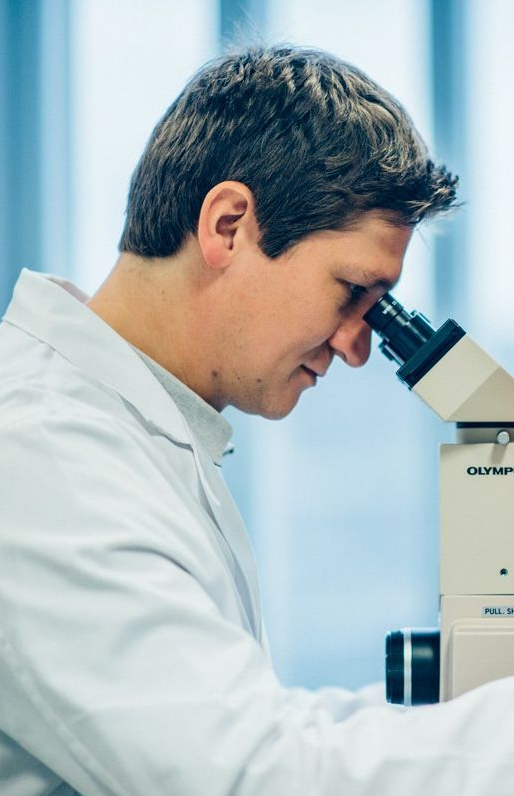

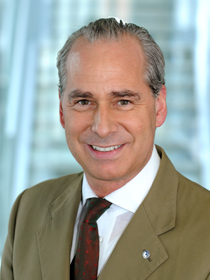
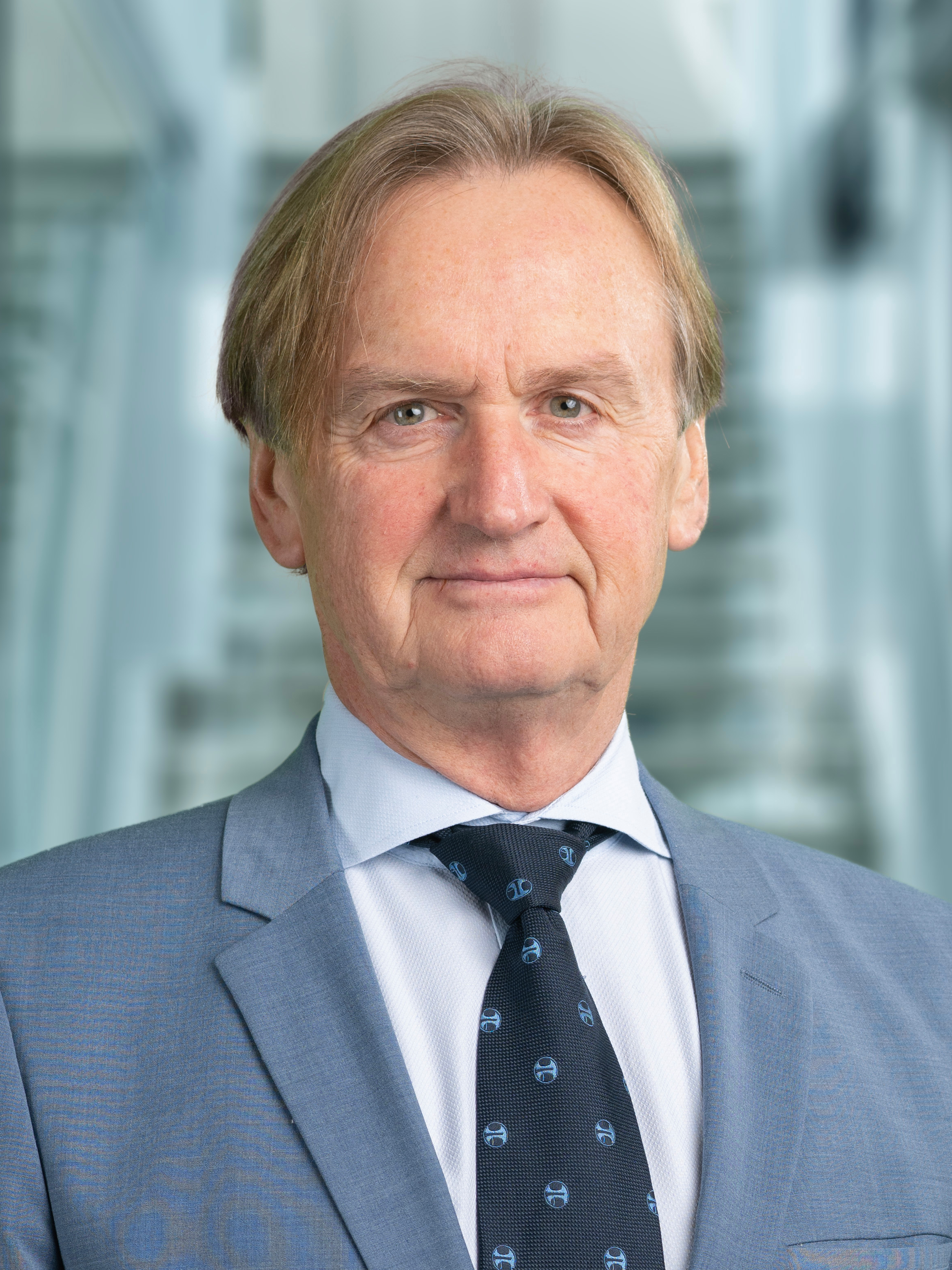
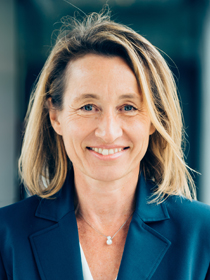_Skokanitsch_Magnolia%20(210x280px).jpg)
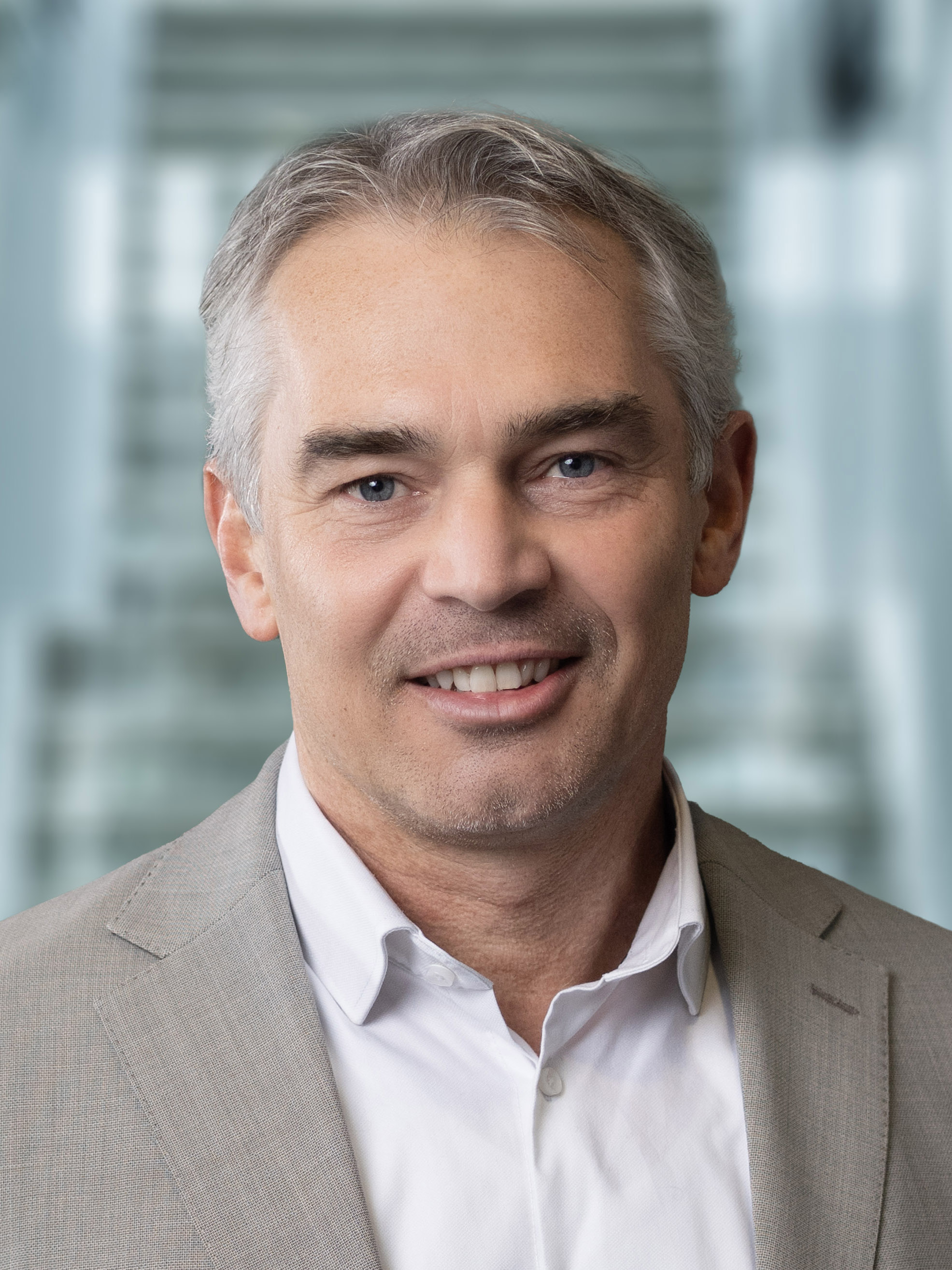
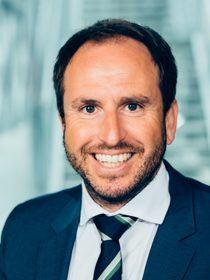_Skokanitsch.jpg)
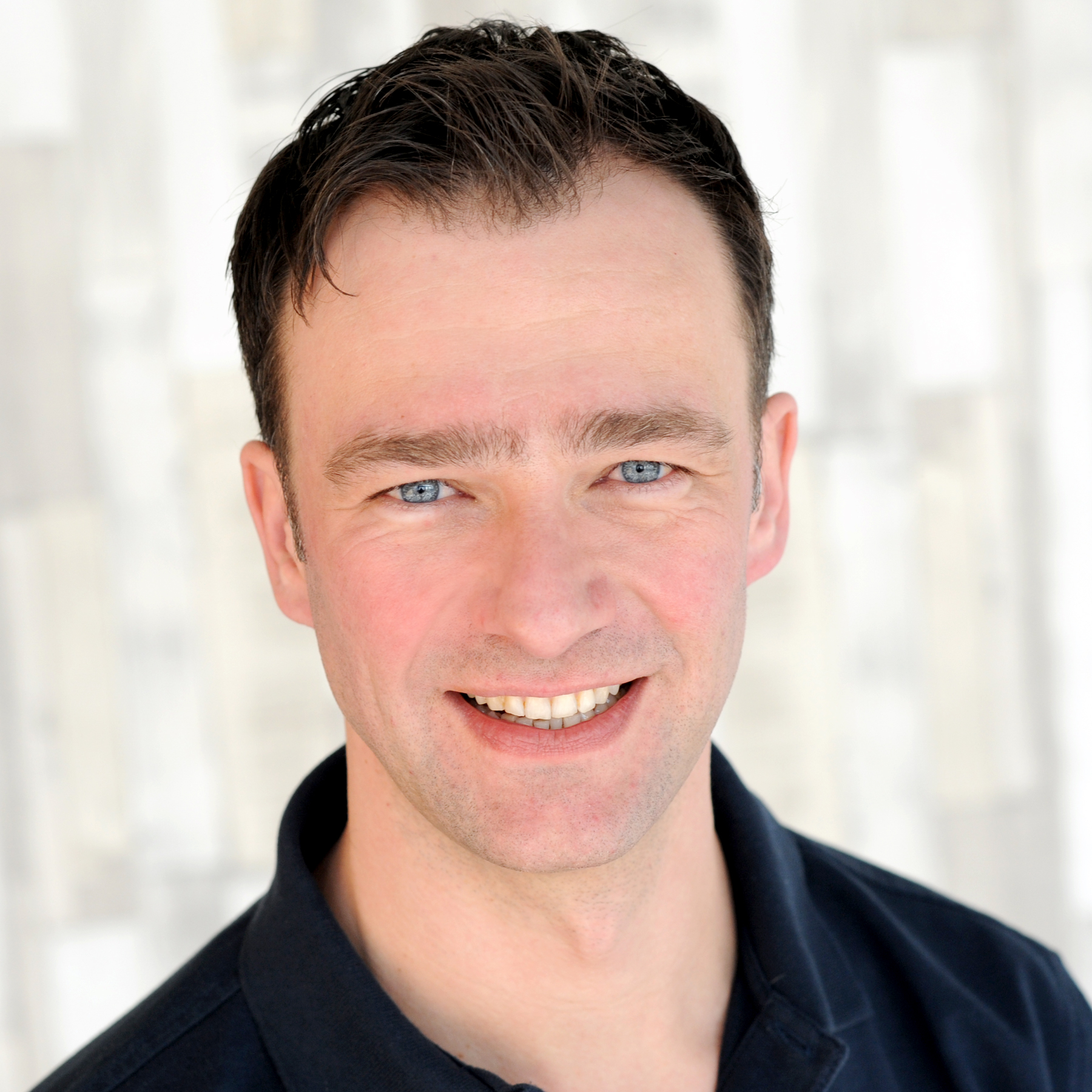.jpg)